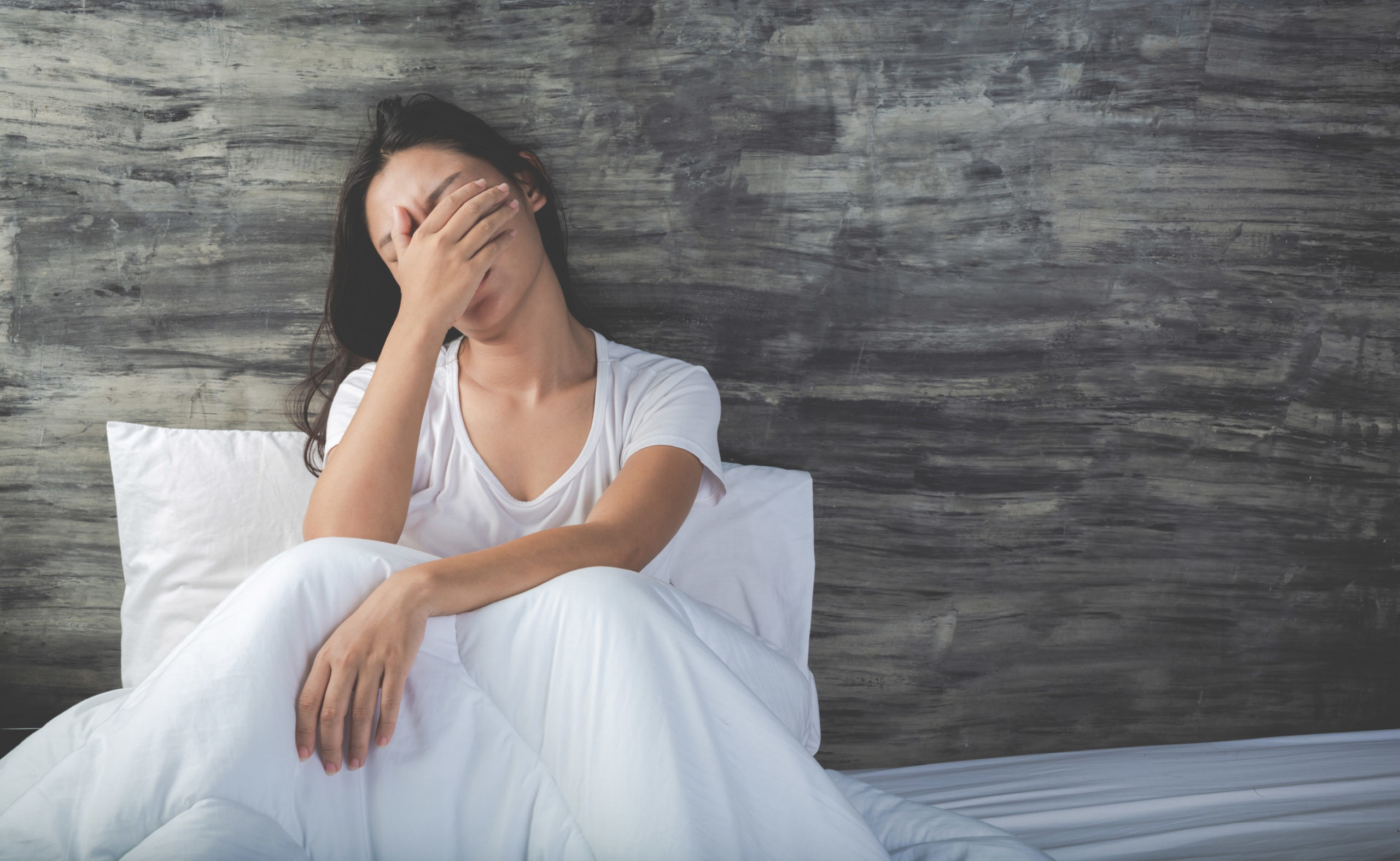Are You Sure You’re Okay? Unseen Ways COVID-19 Affects Your Mental Health

I’m fine. How many times have you said that to yourself or someone else over these last months? Most likely, you’ve said it more often than you’ve meant it. Even if you think you haven’t been affected by COVID-19, stress and anxiety have probably crept into your daily life in ways you may not have noticed.
Watch Out for These Signs
Your emotional health has its ups and downs. But during the pandemic, your emotions may be more negative than positive. Here are some examples:
- Mood changes. This may be true if you’re usually a happy person, but you’ve been frustrated, sad, or out of sorts lately.
- Behavior shifts. When you’re no longer doing things that normally bring you joy, take notice. For example, maybe you used to like running or driving, but now you’re on the couch watching TV and you haven’t gone outside in days.
- Drinking more. Are you drinking more alcohol than usual? It may not seem like a big deal, but studies have found alcohol use increased 14 percent in the last year. Women drank 41 percent more. You may be using alcohol or drugs to cope with stress. Healthy coping skills are better—like exercising, cooking, or gardening.
- Relationships suffer. Pay attention to the way you get along with others. Being at home with your partner, family, or roommate for so long can lead to unrealistic expectations. When they aren’t met, you may feel disappointed—and that might lead to avoiding the other person or starting arguments. For example, if you gain energy by being around other people, you may have spent the pandemic expecting your partner to give you all the attention you used to get from your friends, coworkers, and extended family. If your partner enjoys the quiet and doesn’t entertain you, you may argue or avoid one another. That can challenge your relationship long into the future.
- Idea of fun changes. Our daily routines changed during the pandemic. But if you no longer get excited about something you once found fun, it’s worth noticing. Let’s say you used to shut off after work—but now you keep plugging away at the keyboard. Or you used to enjoy video chatting with friends, but now you prefer to hang out alone.
Give Yourself a Boost
When your emotional health is low for a long time, you may face chronic stress—or stress that lasts for a long time. This kind of stress can change the chemicals in your brain and lead to poor physical health. Seeing signs that you are not coping well with anxiety, social distancing, and uncertainty during the pandemic is the first step toward improving your health.
Try these steps, suggested in a recent Pharmacy Times article and by the experts at Johns Hopkins, to boost yourself up:
- Keep a daily schedule. When you and the people you live with stick to a routine, it helps you feel more confident. Do your best to eat familiar foods at regular times. Keep a bedtime and a wake-up time that let you get seven to nine hours of sleep.
- Get moving outside. A little sunshine on your skin and some activity each day can help improve your mood. Run, cycle, dance, garden, play with your dog. Whatever you can do regularly is the right choice.
- Take time to connect. Video and voice calls can’t replace hugs, but keeping up relationships you’ve had since before the pandemic can lift you up and keep you smiling. Safely visit with family, friends, coworkers, neighbors, and members of your faith community, among others.
- Limit media time. Seek out “just the facts” COVID information from your state department of health website, the federal Centers for Disease Control and Prevention, or the World Health Organization. Don’t get stuck in the opinions that take up most time on most media channels.
- Talk about something else. It may seem like every conversation comes back to COVID, money, or politics. Make a serious effort to find new topics to discuss.
- Enjoy the time alone. This is easier for some people than others, but the time out from busy life can be refreshing. Look into mindfulness exercises on YouTube to help you use your body’s own ability to calm itself.
- Help someone else. You may not be able to gather with others, but you can still help your community. To get started, check VolunteerMatch.org.
Ask for Help When You Need It
The pressure from the pandemic stresses our ability to stay balanced. If you’ve noticed one or more of the signs above for a month or more, or if they’ve disrupted your life for just two weeks, it’s time to seek care from a licensed therapist.
Get Started Today
If you or someone you know is struggling, CDPHP is here to help. CDPHP offers a wide range of programs and services to treat mental health and substance use disorders. Among them, a new partnership with aptihealth provides members* with quick, convenient access to personalized therapy, all from the comfort of your home. Learn more by visiting www.aptihealth.com/cdphp.
*Some employers who self-insure may not have this benefit. If you are unsure if your plan includes this benefit, please contact CDPHP member services.
 The Daily Dose
The Daily Dose
Comments are closed.